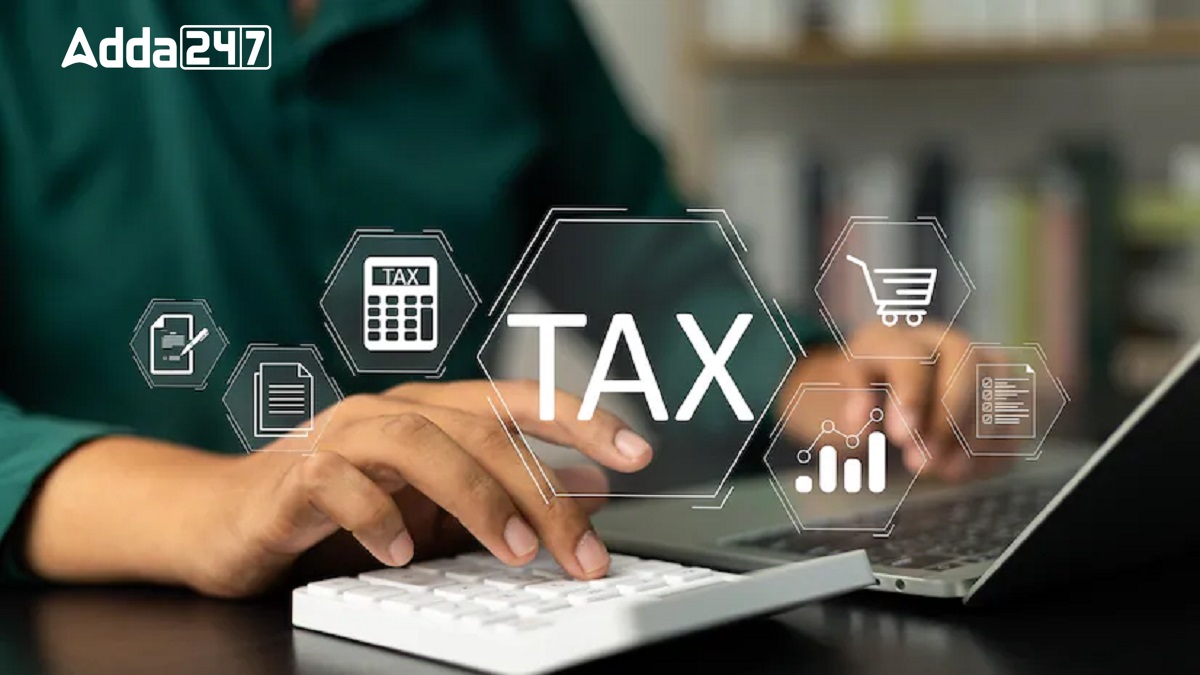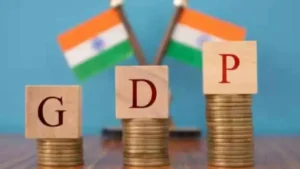The Ministry of Finance has released comprehensive guidelines to streamline the handling of delayed tax refund claims and loss carry forward applications. These guidelines aim to reduce bureaucratic delays, especially in cases where taxpayers missed filing their income tax returns (ITR) but had refunds due. A tiered authority system and specific time limits have been introduced, making the process smoother and quicker.
Crux of the Guidelines
The new circular from the Central Board of Direct Taxes (CBDT) under the Ministry of Finance introduces a structured approach to condonation of delay applications. Taxpayers will no longer need to approach higher authorities if the tax refund amount increases, and a five-year time limit has been imposed for filing condonation applications.
Tiered Authority Structure
- Claims Up to Rs 1 Crore: Principal Commissioners of Income-tax (Pr. CsIT/CsIT) can process these claims.
- Claims Between Rs 1-3 Crore: Chief Commissioners of Income-tax (CCsIT) handle claims in this range.
- Claims Above Rs 3 Crore: Principal Chief Commissioners of Income-tax (Pr. CCsIT) process higher claims.
Time Limits and Conditions
- Strict Five-Year Limit: A five-year limit from the end of the assessment year applies, with all claims filed after October 1, 2024, falling under this rule.
- Court-related Refunds: The period of court proceedings is excluded from the five-year limit. Applications must be filed within six months of the court order or the end of the financial year, whichever is later.
- Supplementary Refund Claims: Allowed under certain conditions but with no interest payable on late claims.
Streamlined Processing and Reduced Hurdles:
Authorities must dispose of refund applications within six months of receipt. The new norms aim to foster trust by ensuring timely refunds, reducing the need for taxpayer intervention, and improving compliance ease. These guidelines represent a step towards simplifying the tax administration process for taxpayers.
Rebate Structure
- 20% Rebate: Non-commercial CNG and petrol vehicles.
- 15% Rebate: Commercial CNG and petrol vehicles.
- 10% Rebate: Diesel vehicles.
Conditions for Availing the Rebate
- Buyers must scrap their old vehicles and submit a Certificate of Deposit from a registered scrapping facility.
- The rebate is applicable if the new vehicle is registered within three years of obtaining the certificate.
Benefits
- Pollution Reduction: Removing old vehicles will contribute to better air quality.
- Economic Stimulus: The scheme is expected to boost demand for new vehicles, benefiting the auto industry.
- Financial Incentive: The tax rebate provides a monetary advantage for buyers upgrading to cleaner vehicles.
This initiative aligns with the government’s past efforts to promote sustainable transportation and reduce pollution, enhancing air quality and consumer relief amidst rising costs.
Condonation of Delay Limits
The Ministry of Finance recently increased the monetary limits for condonation of delay in tax refund and loss carry forward claims, which now allow faster processing. These limits were raised from:
- Earlier Limit: Rs 50 lakh for Pr. CsIT/CsIT, Rs 2 crore for CCsIT, and Rs 3 crore for Pr. CCsIT.
- Current Limit: Rs 1 crore for Pr. CsIT/CsIT, Rs 3 crore for CCsIT, and above Rs 3 crore for Pr. CCsIT.
Here’s a concise table with key points relevant for exam preparation:
| Key Points |
Details |
| Why in News |
Finance Ministry introduced new guidelines to handle delayed tax refund claims and loss carry forward applications. |
| Tiered Authority Structure |
– Claims up to ₹1 crore: Principal Commissioners of Income-tax (Pr. CsIT/CsIT).
– Claims between ₹1-3 crore: Chief Commissioners of Income-tax (CCsIT).
– Claims above ₹3 crore: Principal Chief Commissioners of Income-tax (Pr. CCsIT). |
| Five-Year Limit |
Claims must be filed within 5 years from the end of the assessment year, applicable for claims filed after October 1, 2024. |
| Court-related Refunds |
Court proceedings are excluded from the five-year limit. Claims must be filed within 6 months of court order or end of financial year. |
| Supplementary Refund Claims |
Allowed under specific conditions but no interest payable on late claims. |
| Time Frame for Processing |
Refund applications must be disposed of within 6 months of receipt. |
| Rebate on Vehicle Purchases |
– 20% rebate for non-commercial CNG/petrol vehicles.
– 15% rebate for commercial CNG/petrol vehicles.
– 10% rebate for diesel vehicles. |
| Conditions for Rebate |
Buyers must scrap old vehicles and submit a Certificate of Deposit from a registered scrapping facility. |
| Condonation of Delay Limits |
Increased limits for processing claims:
– Rs 1 crore for Pr. CsIT/CsIT.
– Rs 3 crore for CCsIT.
– Above Rs 3 crore for Pr. CCsIT. |
| Key Benefits of Vehicle Rebate |
– Pollution reduction.
– Economic stimulus for the auto industry.
– Financial incentive for consumers upgrading to cleaner vehicles. |





 India’s GDP May Hit 8.1% in Q3FY26: SBI ...
India’s GDP May Hit 8.1% in Q3FY26: SBI ...
 Forex Reserves of India Hit Record High ...
Forex Reserves of India Hit Record High ...
 India Revises Base Year of Merchandise T...
India Revises Base Year of Merchandise T...








